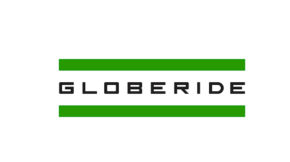Trade expert: EU set to reveal lead restrictions in first half of next year
Share

Proposals for new EU restrictions on the use of lead in angling look likely to be revealed in the first half of next year, depending on European elections and last-minute legal discussions with member states.
When the last scope of the ban was discussed, proposals potentially included larger sized weights up to 56.7g (2oz), plus restrictions and/or guidance on practices such as ‘dropping lead’ and home smelting.
Once in force, there will be a three-to-five-year period during which lead can be phased out and replaced by the industry, after which some method of enforcement would be adopted.
“The method by which those elements will be policed will no doubt be determined by each member state,” says the UK’s Angling Trades Association (ATA) Chairman, Andrew Race (pictured), who has been working with the European Chemicals Agency (ECHA) on the project.
“Enforcement in certain countries and regions of Europe already exists in various forms, with anglers being checked for lead as well as their licences when approached.
“With ever more scrutiny on the angling industry regarding the use of lead in the aquatic environment, it is vital that the ATA maintains its place within a wider European angling trade structure.
“The UK angling industry, its standards and codes of practice must continue to improve and be maintained to keep pace with necessary changes as we strive to reduce the environmental impact we generate.”
Lead restrictions were first introduced in the UK in 1986, providing a blueprint for ECHA to follow. Subsequent discussions between the ATA and ECHA have helped formulate a plan for a wider European project giving the industry time to adapt and move on.
However, despite lead restrictions being in force in the UK for 38 years, there are still cases of lead shot being sold via online platforms and by unscrupulous overseas suppliers.
“It is tough to control these issues, but any such sales could seriously impact the future of angling and this threat needs to be challenged,” says Race. “Although we are no longer in the EU, the UK government will, as is often the case, stay close to the EU line when it comes to legislation that affects industry and the environment. So the UK industry must keep pace with developments.
“While this process continues, it is up to the tackle industry to keep its house in order.”





